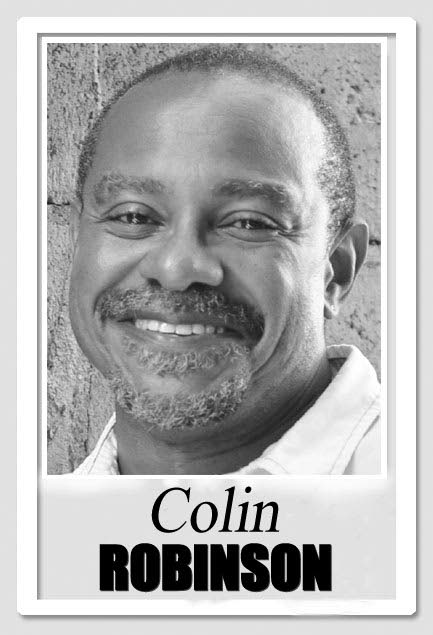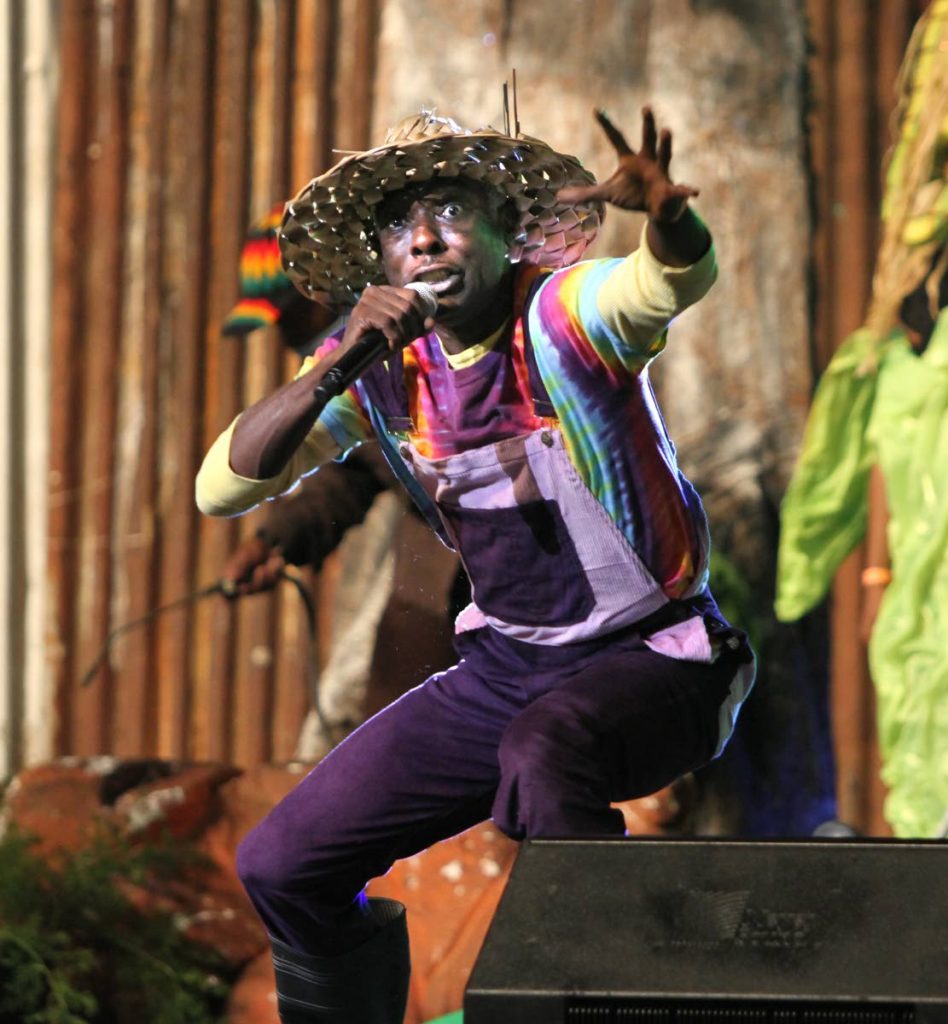Kurt Allen too bright

Bending for his keys, Big-Moustache Frank catches a man scoping his gas tank, gives chase with “two stone,” and “buss way he face.” Not merely ogled, Empress Trish’s ras gets “feel up” by a sistren; her response is florid, though only verbal. Village-Ram Stan is caught with a stand fighting with Dan, a man in a van; the shame on his family — and pothound — drives him to suicide. Jean, “really a drag queen,” has an encounter with Rupert, who we’re left to conclude discovers Jean is transgender and ends up in St Ann's, and Jean in a hearse.
“You should get a prize, and have a calypso competition on your issue,” my neighbour Chalkdust offered in his signature staccato. I sat in his living room ten years ago picking his brain about a calypso listening party I wanted to organise.
A “coalition advocating inclusion of sexual orientation,” cleverly naming itself so its acronym would be a homonym of kaiso, had formed weeks earlier, two days after the gender (and Carnival) minister unveiled a national gender policy that declared in bold it “does not provide measures dealing with or relating to the issues of…same-sex unions,” for clarity added “homosexuality,” and if after that you still didn’t get it, ended “or sexual orientation.” We dubbed the government’s thinking “1919 vision,” hoping our lyrics would make politicians cringe. And focused our very first event on calypso and homosexuality.

Chalkie didn’t point me to new material. But he was as generous in spirit as two pre-eminent scholars and archivists of calypso, who did. Guyanese academic Gordon Rohlehr sat down with me in his UWI office, and taped a cassette of several songs from the Homotextuality section of his 1996 paper on masculinity and calypso. Playwright and Southman Zeno Constance chatted on social media, and dropped a CD for me by the Culture Division.
I curated segments of half of the 72 calypsoes spanning seven decades identified with their help which speak in some way to same-sex sexuality or gender non-conformity, and presented them with amateur comments in a tent-like session in Alice Yard that Peter Ray Blood included in his roundup of weekend events, and Gayelle TV interviewed us about on their morning show. The following year the presentation was repeated at the first Bocas Lit Fest.
Zeno’s curiosity about the topic rekindled recently. His Facebook wall routinely shares commentary from the calypso archive on trending issues—historical context with selected lyrics. Last Sunday he began looking at some of 100 tunes on homosexuality he’s found in the 100 years of recorded calypso. Two or three posts each of commentary, lyrics and YouTube links to recordings cover nine themes—Levitical sin; women; marriage; sex acts; queer gatherings; gender confusion; double entendre; Barbados’s reputation; picong on known figures. A calypsonian joined one thread.
Zeno and I take different positions. I think playfulness is a dominant approach that distinguishes calypso’s treatment of homosexuality from other regional music; that it’s the topic to which calypso has brought its subtlest imagination and sweetest ingenuity. Zeno views calypso as “filled with anti-gay lyrics and sentiments” in which “the Caribbean homosexual has felt the brunt of a…discourse ranging from picong, derision, caustic laughter to threats and even violence.” He concedes an “interesting mix and approach to the treatise,” but says there have been “no calypsoes that promote or respect the gay experience.”
Until Kurt Allen’s Wah Yuh Say.
So why does the predatory, pathological, violent, tragic vision of homosexuality I opened with come from The Last Badjohn of Calypso’s 2019 offering, which he’s promoting vigorously on social and broadcast media as a representation of the voice of the people, blowing his own socially responsible horn in foregoing singing on Petrotrin, Double-G or crime to address with “no compromises” a very critical issue people don’t speak about openly. YouTube videos invited us into Allen’s El Tucuche home for the launch. On TV, Hayden Blades thanked him for his authenticity.
Except it’s all a device — to provocatively ask Rastafarians and people who “sit down in the jail for one spliff” to “holler your opinion” about how important decriminalisation of homosexual acts is relative to marijuana decriminalisation. Will Rastafari be the “first to scorn and discriminate?” He cleverly references the Chief Justice’s position on marijuana prosecutions.
After each verse painting characters to illustrate others’ anti-LGBT stigmatisation he doesn’t see thickening his own brush, Allen repeats the unnecessary question about prioritising. He rejects he’s taking a “hypocritical approach to bun fire or support the church,” yet sardonically frames his topic as “LGBTWEED stigmatisation” he’s tackling “from behind.”
Government will enact a 2019 gender policy with the same ducking 1919 language. Allen, likewise, is being way Too Bright.
I want calypsonians to be bolder. So I’ll have to act on Chalkdust’s ten-year-old advice next year.
You judging, Chalkie?


Comments
"Kurt Allen too bright"